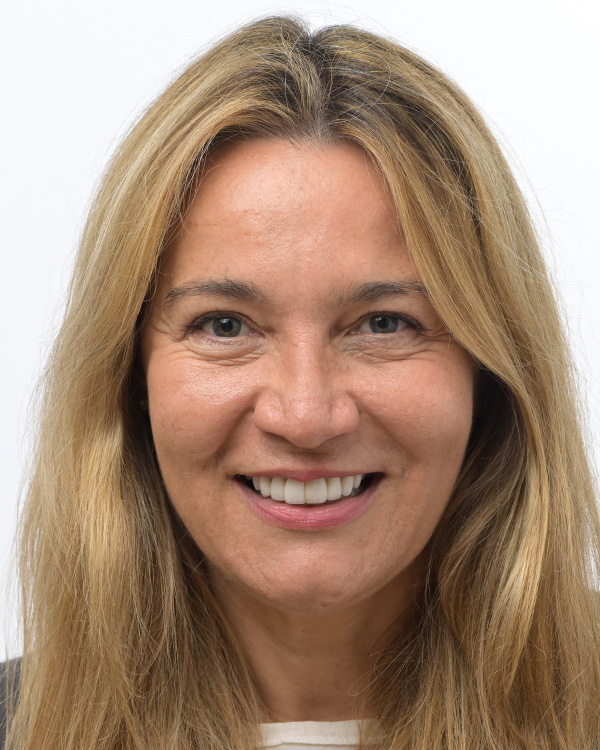
Choisissez la langue de votre document :
- bg - български
- es - español
- cs - čeština
- da - dansk
- de - Deutsch
- et - eesti keel
- el - ελληνικά
- en - English
- fr - français
- ga - Gaeilge
- hr - hrvatski
- it - italiano
- lv - latviešu valoda
- lt - lietuvių kalba
- hu - magyar
- mt - Malti
- nl - Nederlands
- pl - polski
- pt - português
- ro - română
- sk - slovenčina
- sl - slovenščina
- fi - suomi
- sv - svenska
|
| Nós Imeachta : 2020/2077(INI) |
| An doiciméad roghnaithe : A9-0008/2021 | ||||||
Téacsanna arna gcur síos : A9-0008/2021 | Díospóireachtaí : PV 08/02/2021 - 15CRE 08/02/2021 - 15 | Vótaí : PV 09/02/2021 - 14PV 10/02/2021 - 3 | Téacsanna arna nglacadh : P9_TA(2021)0040 | |||
| Verbatim report of proceedings |
|
|
| Monday, 8 February 2021 - Brussels | Revised edition |
|
| An nuashonrú is déanaí: 2 Meitheamh 2021 | Fógra dlíthiúil - Beartas príobháideachais |







































